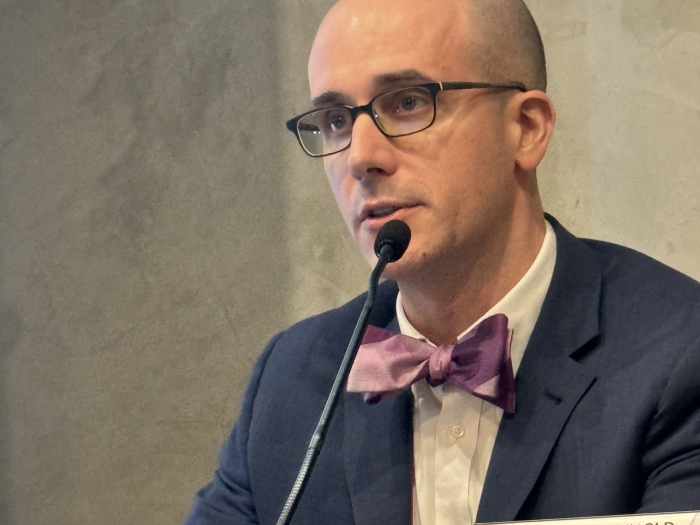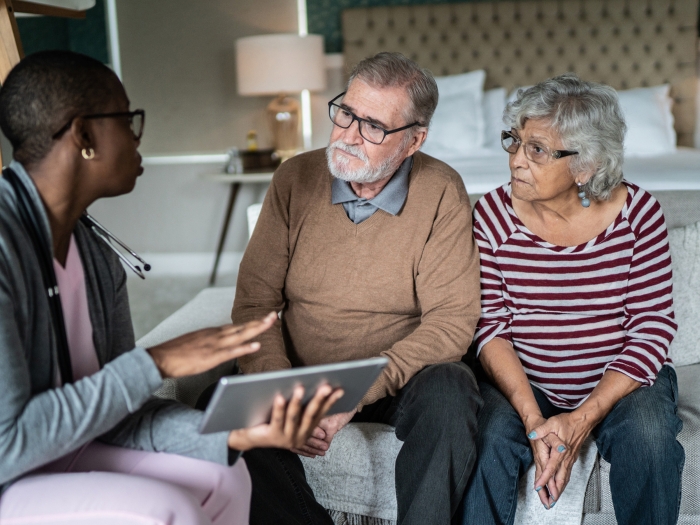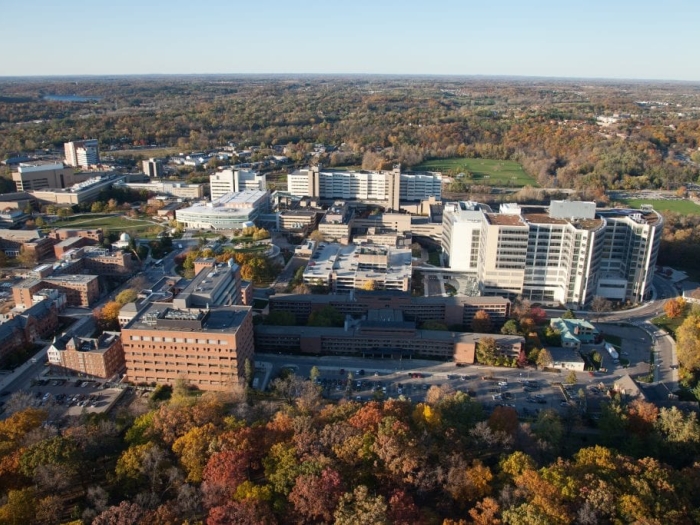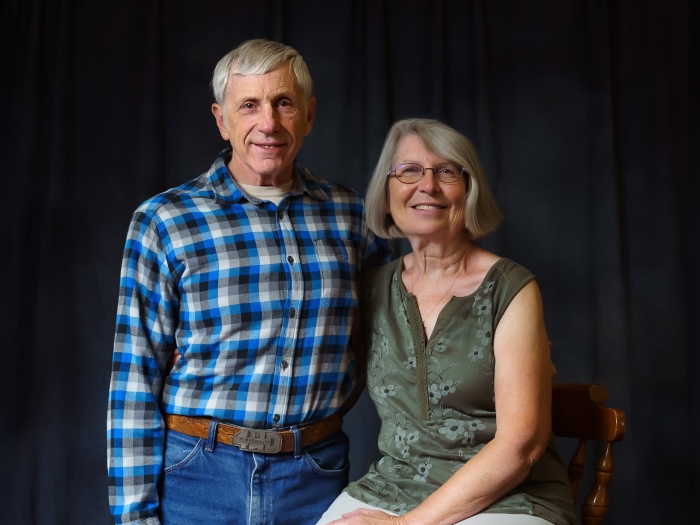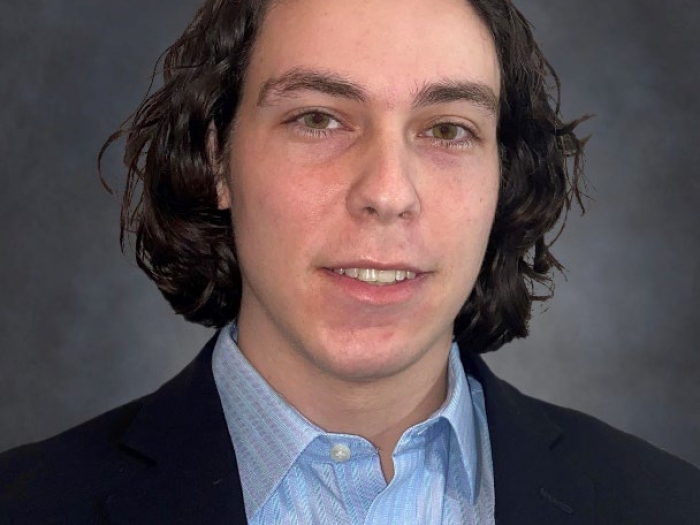Around the time he told me to picture roots sprouting from the soles of my feet he started to lose me. In fact, if you had told me when I woke up last Monday morning that I'd utilize any part of my day "imagining my head was the sky" or anything of the like, I really might have looked at you funny. But alas, sometime around 10:30am that day, I found myself doing just that. And it wasn't pleasant.
But I get ahead of myself.
I should start by mentioning that Cardio starts tomorrow. After two months of reviewing biochem, genetics, and cell bio (at warp speed mind you), we are starting what many consider to be our first real taste of clinical medicine. The cardiovascular and respiratory systems are the first of the series of body systems we will explore this year. But before starting cardio, we took time off from the basic sciences to receive introductions to several topics: end of life dynamics, and complementary/alternative medicine (CAM)—the latter of which opened the day. After a lecture outlining some basic types of CAM our patients may practice, a new speaker moved to the front of the room. At that time, the man, a youthful and seemingly understated doctor dressed in simple slacks and a button-up shirt, introduced himself to the class. A former U of M medical student himself, he explained that he had once sat where we sat and traversed the journey we were just beginning. As a family medicine physician, he used integrative medicine in his practice. But as I quickly learned, his intent that morning was not to preach to us the benefits of alternative medicine but instead to deliver to us a simple message:
Heal thyself.
At the time, I found it to be a curious message. We were training to be doctors—doctors heal other people. It's kind of the point of the whole thing, wasn't it? I wondered if perhaps he'd just gotten the wrong room…
That thought only lodged deeper in my mind as he opened his talk by leading us through a brief visualization exercise. Putting away our electronics, we were instructed to close our eyes and place our feet squarely on the ground. Right there in the lecture hall we imagined ourselves to be trees, firmly rooted and serene as the air around us gave us life. Although I tried to focus, by the conclusion of the exercise, I felt by and large the way I had when the whole thing had began: skeptical and anxious to see where this was going…only now, a bit more curious than I had been before.
In the name of an open-mind, I listened as he read us the numbers: specifically, the increased work dissatisfaction, depression, divorce and suicide rates that doctors experienced relative to the general population. I began to understand what he was trying to get at. In my own mind, I couldn't remember the last time I'd gone to bed early and slept a full, good night. Or made eating well a priority. Or not just simply maintained my relationships, but nurtured them.
Right now, we live in a bubble. Our training has a way of becoming consuming—and distancing. I realized that that was exactly what was beginning to happen to me personally—it took that lecture for me to really face it.
Seeing things more clearly now, I opened my mind to his up to his words of advice: Eat. Sleep. Practice forgiveness and gratitude. Forgive yourself for your failures.
Heal thyself.
However, despite already being taught several important lessons so far, the aformentioned wouldn't be the last of the day. After a lunch break, we returned to the lecture hall and switched gears. Having concluded the morning discussing the importance of living and living well, we opened the afternoon with a discussion of the end of life, grief, loss and the journey of letting go. The irony of the shift was not lost on me, and made the afternoon's topic even more difficult to bear.
In the anatomy lab, they ask us not to flinch at death. They ask us to know it, yes, but not to react to it the way a normal human being would. Doing so would make it difficult to work, and impossible to learn. So you have no choice but to turn it off—that part of you that sees a fellow human being who lived and loved instead of just a cold body sprawled out on the metal dissecting table. That's the first lesson on death: People die; turn-off whatever you need to turn-off to deal with that.
But that day, we received a lesson on dying of a different sort: People die; but don't ever forget that there is/was life inside them.
With the lessons from lecture in mind, afterward in small group, as a follow-up, we were walked through a perfect death. On a series of index cards, we made of list of the people and things that are important in our lives. We also poured out all our dreams and goals for life onto those small cards too. It was powerful to spread them out before me—in a way, having my existence laid out in front of my face. From there, the group leader set up a scenario in which we experienced a small nagging cough continuously for several weeks and eventually decided to seek medical attention for it. She described how we felt then: a bit anxious, but glad to be actively seeking answers for the ailment. She talked about the denial and anger we felt when we received the news that we had metastatic cancer of the lungs, and given 3 months to live as a result of it. As our group leader walked us deeper into our deaths, we practiced letting go. In accordance with the rules of the simulation, we could choose the order in which we discarded cards—but no matter what, we had to give a set number of cards away at each pause in the story.
It seems absurd…reducing your life to a series of index cards; portioning your future into a distinct set of wants and aspirations. But, ultimately, doing that, and then being forced against your will to let them go, is heartbreaking: My mother and father. My iphone. My sisters. My contacts. Having a family. Making sure my parents are supported and taken care of as they age. The books I've spent hours with, creased and earmarked on my bookshelf. Helping someone see their potential. Meeting Oprah. Becoming a mother. Learning to like tomatoes. Recognizing my flaws and trying to become better. Loving completely.
Somewhere along the line, I realized that the things we are being asked to think about and the burdens we are being asked to bear are things most people our age are not asked to consider. And just like that, with that realization, the distance between who I was before med school and who I am becoming, grows wider.
I eventually went home and tried to digest the day. In the night, I sat in silence with the truth of my mortality and that of my loved ones hanging over my head. I let the reality of the short unpredictability of life wash over me, and allowed myself to mourn not only that truth, but the disappearance of my youthful disregard for matters of life and death as well.
I might have aged a few years that day—at least it felt like it. And when I'd spent enough time grieving, I tucked the knowledge I'd gained and the events of the day safely away. I was not attempting to forget them, but to instead move them to the back of my mind. Doing so, I felt better. After all, despite the importance of what I'd learned that day, there's no room to dwell on those things now...
Cardio starts tomorrow.

Department of Communication at Michigan Medicine
Want top health & research news weekly? Sign up for Health Lab’s newsletters today!

